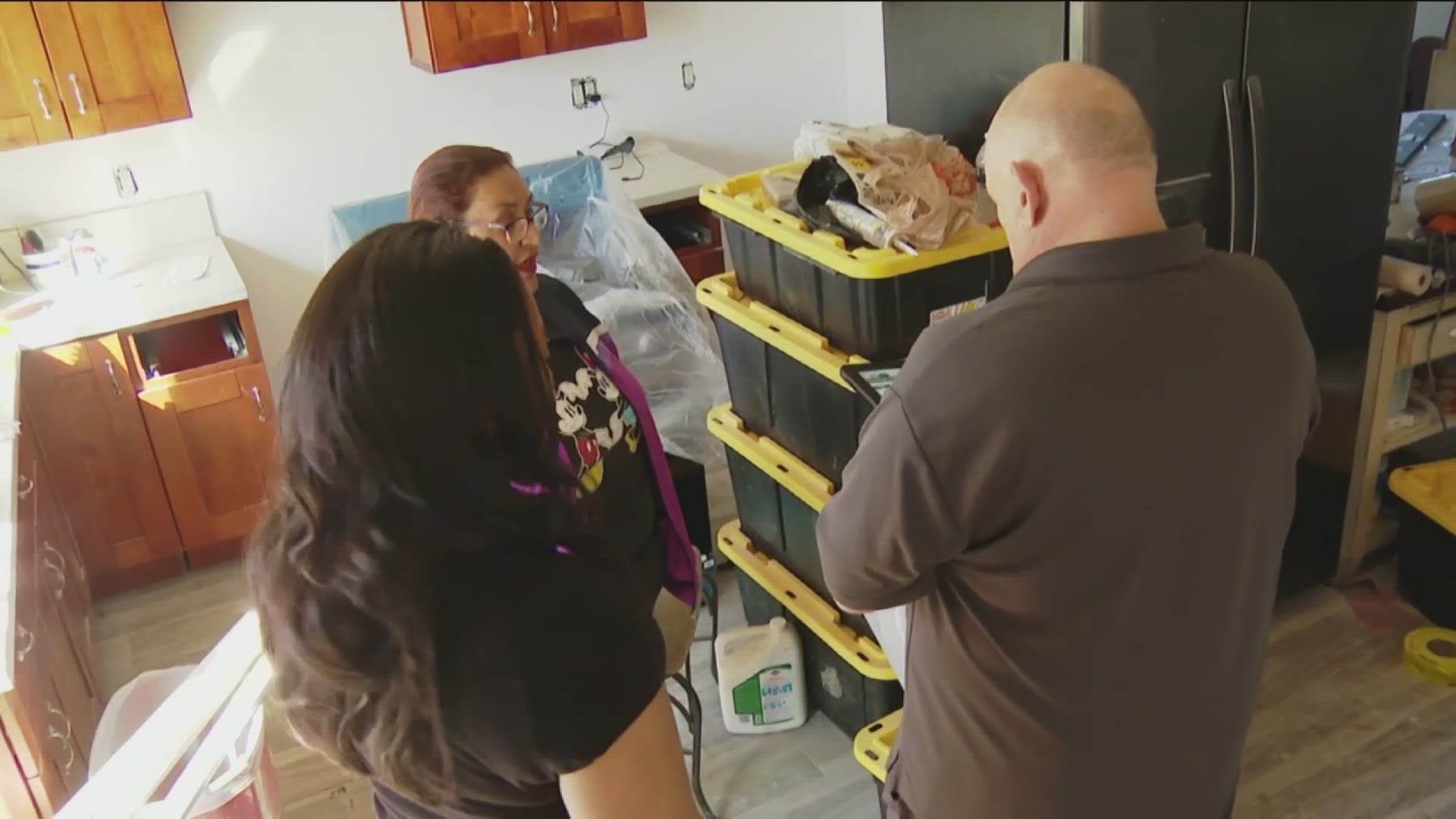SAN DIEGO — San Diego taxpayers will have more time to file their taxes after winter storms in January and February caused significant flooding and damage to homes and businesses.
Now, taxpayers have until June 17, 2024, to file various federal personal or business taxes as well as make payments.
The IRS said it is offering relief to those in any area designated by FEMA, which includes all of San Diego County. Individuals and businesses inside the county qualify for tax relief.
You can check the IRS disaster relief page for further details on payments, returns, or tax-related actions qualifying for relief during the postponement period.
The new deadline on June 17, 2024, applies to the following -
- Individual income tax returns and payments are normally due on April 15, 2024.
- 2023 contributions to IRAs and health savings accounts for eligible taxpayers.
- 2024 estimated tax payments are normally due on April 15, 2024.
- Quarterly payroll and excise tax returns are normally due on Jan. 31 and April 30, 2024.
- Calendar-year partnership and S corporation returns are normally due on March 15, 2024.
- Calendar-year corporation and fiduciary returns and payments are normally due on April 15, 2024.
- Calendar-year tax-exempt organization returns are normally due on May 15, 2024.
People and businesses in a federally-declared disaster area who had either uninsured or unreimbursed disaster-based losses can choose to claim them on this year's tax returns or report the loss the year it occurred (in this instance, 2024 returns filed next year).
"Be sure to write the FEMA declaration number – 4758-DR − on any return claiming a loss. See Publication 547, Casualties, Disasters, and Thefts, for details," the IRS said in a statement.
Disaster relief payments are typically excluded from gross income, according to the IRS. That means that taxpayers can exclude that from their gross income received from a government agency for reasonable personal, living, family, or funerary expenses. This also includes repairs and rehabilitation of a home or for the replacement of its contents.
Visit the IRS website for more information on taxable and nontaxable income.

